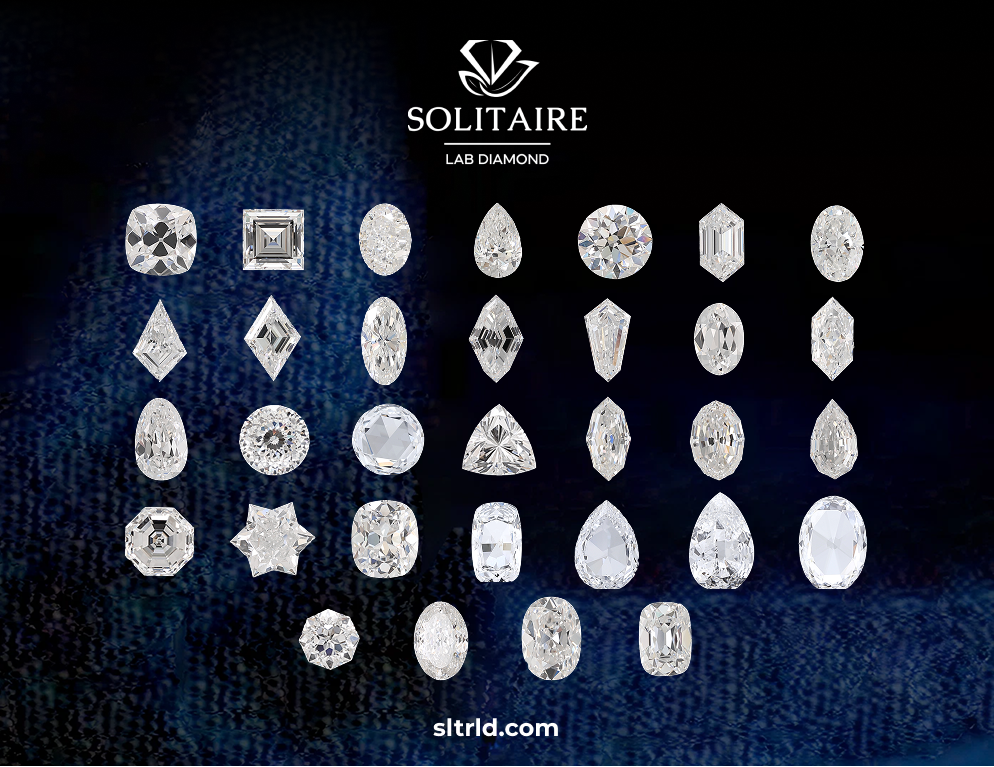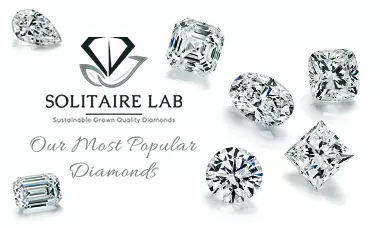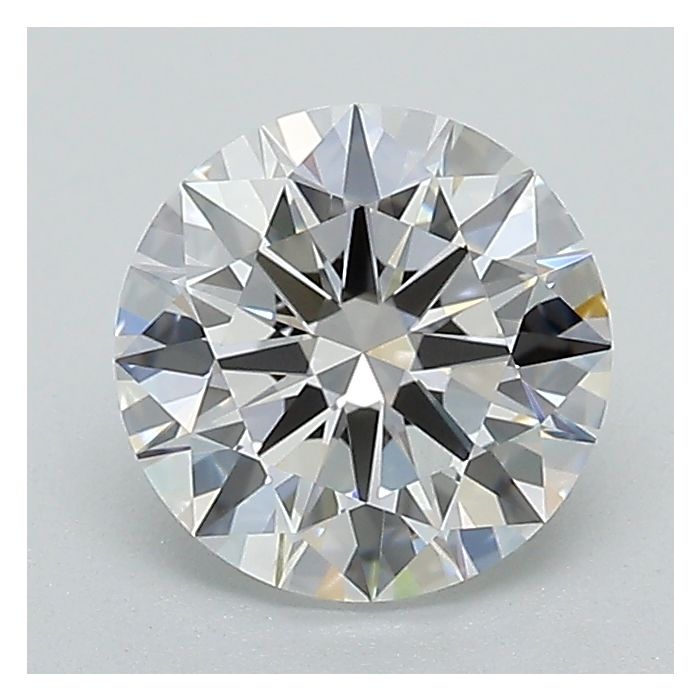
Lab Created 1.29 Carat Round Diamond
- IDEAL Cut
- D Color
- VS1 Clarity
Location United States
Not Available
SKU SKJ04-090
Stock Num SKJ04-090
Carat 1.29
Clarity VS1
Cut IDEAL
Table(%) 59
Measurements(mm) 7.01-7.04x4.23
Length/Width Ratio 0
Length(mm) 7.01
Depth(mm) 60.3
Pavilion Depth 43.00
Crown Height 13.50
Crown Angle 33.50
Pavilion Angle 40.80
Diamond Status Available
Color D
SKU SKJ04-090
Stock Num SKJ04-090
Carat 1.29
Clarity VS1
Cut IDEAL
Table(%) 59
Measurements(mm) 7.01-7.04x4.23
Length/Width Ratio 0
Length(mm) 7.01
Depth(mm) 60.3
Pavilion Depth 43.00
Crown Height 13.50
Crown Angle 33.50
Pavilion Angle 40.80
Diamond Status Available
Color D
The 4 C's of a Diamond
The cut is the only factor that can be influenced by man. There are different cuts are available like emerald, marquise, heart, and oval. Symmetry, police, and proportions are equally important in diamonds. Light will reflect poorly via its crown if the diamond is too deeply cut. It will result in a beautiful sparkle. Diamonds are classified according to IGI regulation and measured by their symmetry, polish, and properties.

For classifying diamonds, the very important factor is the color of a diamond. Diamond with color is called a fancy colored. The value is higher if it is a colored diamond. Determined by a color grade chart, we can do the grading of a colorless diamond. For coloring another diamond, gemstones are used.

Each Diamond has an imperfection on the surface or internally. Impurities in internal flaws are called inclusions. Most flaws required 10x magnification because they are hard to see with the naked eye. Extremely rare diamonds are flawless diamonds. The purity of a diamond depends on the amount of inclusion, size of inclusions, position, and color of inclusion. The inclusion will be easier to detect if the size of a diamond increase.

The Carat of a diamond is measured by how much a diamond weights. The value of a diamond doesn't increase when the carat increases. To evaluate the right carat, special equipment is used. Colored diamonds are measured in mm only. With stones, Color and clarity are mostly matters compared to size. we mention the carat of the diamond because it's more important when determining the diamond price.

You easily identify a diamond based on its shape. The geometric outline shape of the diamond is defined as the diamond shape. every diamond has its own unique cut specifications and attributes. Each diamond shape has its unique story. Here some diamonds are considered modern and some consider classic. There are many different shapes of diamonds like round, princess, cushion, oval, pear, radiant, heart, square radiant, marquise, baguettes, bullets, half moons, trillion, rose, and horse head. Our diamonds are popular and certified by IGI.



